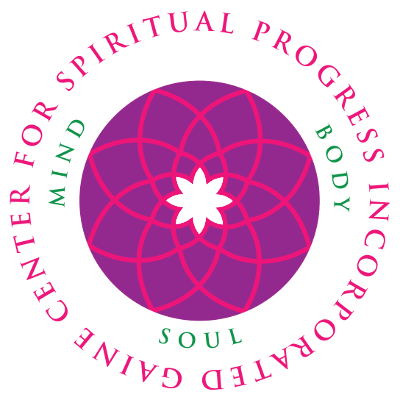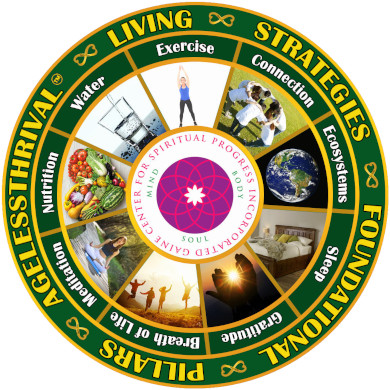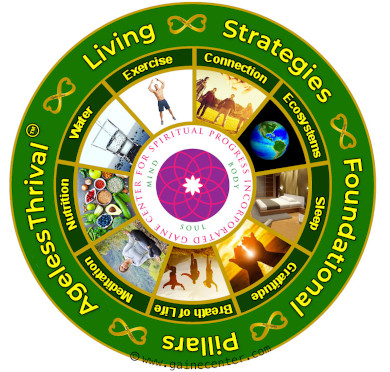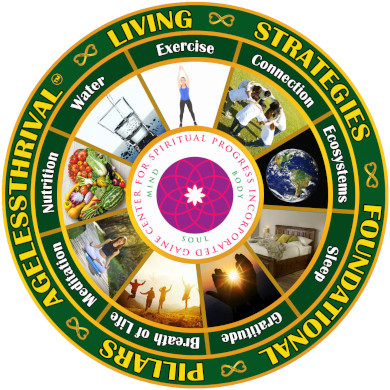Article from Issue #23 (July 7, 2020)
AgelessThrival™ Foundational Pillar #2: Why Sleep is so Crucial for your Telomeres - diet is important but not everything!
by Elissa Epel

Source: Elle
Telomeres are affected by a wide range of factors, from what we're exposed to, to how we live. Last week, I discussed the foods that are associated with longer telomeres. I hope you passed on a soda, took some algae supplements for your omega 3s, saved an animal on (Meatless Monday), or paid more attention to your "'moderation and meditation."
Telomeres are the caps at the end of chromosomes that protect your cells and genes. When telomeres get short from aging, (or a lifestyle that promotes aging,), our cells cannot replenish. Fortunately, there are things you can do to keep these caps long and happy.
This week, we're taking a deep dive into sleep and cell aging. You are probably thinking: "Of course I should get a good night's sleep, I already knew that." But if sleep is so important, why is it that 45% of you are probably still chronically sleep-deprived? Do you skim off minutes of much-needed sleep each night, and let that add up to a deeply internalized weariness? Here is some new motivation for why you should become part of the well-rested majority: sleep affects your body all the way down to your cells!
People who get roughly 7 hours of sleep a night tend to have longer telomeres. People who get five hours or less have much shorter telomeres.
Let's start with what you already know from your own body: Think about the last time you felt sleep-deprived. Your body probably felt tired and achy, your attention was all over the place, you forgot some important information, or you felt irritable towards those around you. Maybe you spent too much money at Starbucks for an afternoon caffeine boost or ran a stop sign. What you might not have noticed is that poor sleep mucks with your regulation of emotions as well. Sleep deprivation amplifies our emotions (both positive and negative) and makes our stress responses larger—cue an awkward, aggressive rant at the coworker who definitely stole your stapler.
Getting even one night of poor sleep can throw our hormones out of whack. We may develop high levels of cortisol (the stress hormone), and insulin (the hormone that regulates our blood sugar), and ghrelin (a hormone that makes us hungry). That's why sleep deprivation is thought to be one of the major highways to obesity.
Getting full sleep restoration on subsequent nights can normalize these changes.
Chronic sleep deprivation affects us on a cellular level. Not surprisingly, your telomeres like being well-rested just as much as you do–people who get roughly 7 or more hours of sleep a night tend to have longer telomeres, especially among the elderly. People who get five hours or less have much shorter telomeres. Hedge your bets and get 7 or more hours of sleep as often as you can.
There are other aspects of disrupted sleep that are also associated with shorter telomeres. Sleep apnea creates oxidative stress, a chemical known to shorten telomeres. It's thus not surprising that sleep apnea appears to be linked to shorter telomeres. Insomnia and snoring also appear to matter. And here's the part relevant to all of us: Getting good sleep quality is related to longer telomeres.
Pregnant and Sleepless?
Pregnancy is a critical time to maintain good health, both for women and their babies, but it comes with challenges, such as sleeping well. Although it's quite normal to experience sleep problems during pregnancy, many women experience a more severe form of sleep disturbance, called insomnia. People with insomnia have difficulty falling asleep and, staying asleep, or they wake up much earlier than they want to. The good news is that we have highly effective ways of treating insomnia, such as cognitive behavior therapy (CBT). Participants learn how to create a comfortable sleeping environment, modify lifestyle habits that affect sleep, and learn techniques to calm the mind and body.
We don't know yet if CBT helps women's sleep during pregnancy, but we aim to find out. One of our studies, led by Dr. Jennifer Felder, offers digital CBT to eligible pregnant women at no charge. If you are pregnant and experiencing problems with sleep, or know someone who is, please join our study. Your participation may not only improve your quality of sleep, but may also provide a foundation of knowledge to help countless other women. To learn more about the REST Study, visit http://rest.ucsf.edu, or take our screening survey at http://rest.ucsf.edu/screening.
Here are some tips for getting higher quality sleep:
- Give yourself time to unwind before bed. It's difficult to transition quickly from a busy day to a restful slumber. Even if you can only fit in 5 minutes of a relaxing activity before bed, giving the mind time and space to relax before bed helps us to fall asleep more easily. Our brains are more like airplanes than cars – instead of switching quickly from gear to gear, we need to slowly descend into sleep. Ideas for a relaxing nighttime routine include reading before bed, drinking a cup of tea, knitting, meditating, or listening to relaxing music.
- Reframe negative thoughts. Having stressful thoughts before bed is a common barrier to getting a good night of sleep. Fortunately, examining and challenging these thoughts is an effective way to address this problem. For instance, instead of thinking "I can't function tomorrow without a good night's sleep," flip that thought into "Although I don't function as well without sleep, I can still manage to get my tasks done." Reframing thoughts makes them less stressful and less likely to get in the way of falling and staying asleep.
- Put your phone out of reach! Trust me, I know this is much easier said than done. But between the distractions our phones provide and the blue light used for phone screens, our handheld best friend is a huge hindrance to getting high-quality sleep. Screens in general have this effect, so do your best to limit your use of electronics for the hour before bed.
- Make your environment as conducive to sleep as possible. If your bedroom is too bright, use an eye mask or invest in light-blocking curtains. If your surroundings are noisy, look into white noise sound machines to drown out other sounds.
- Seek treatment for sleep disorders like insomnia and sleep apnea. There are resources like CPAP machines, prescribed medication, and cognitive behavior therapy. You'll be grateful you did!
If you feel that you've been neglecting your sleep, striving to improve your sleep quality can help you live your best life. Get ready to bring back #iwokeuplikethis in earnest.


 AgelessThrival Pillar #6 Breath of Life
AgelessThrival Pillar #6 Breath of Life AgelessThrival Foundation Pillar #5 - Water
AgelessThrival Foundation Pillar #5 - Water AgelessThrival™ 9 Pillars
AgelessThrival™ 9 Pillars